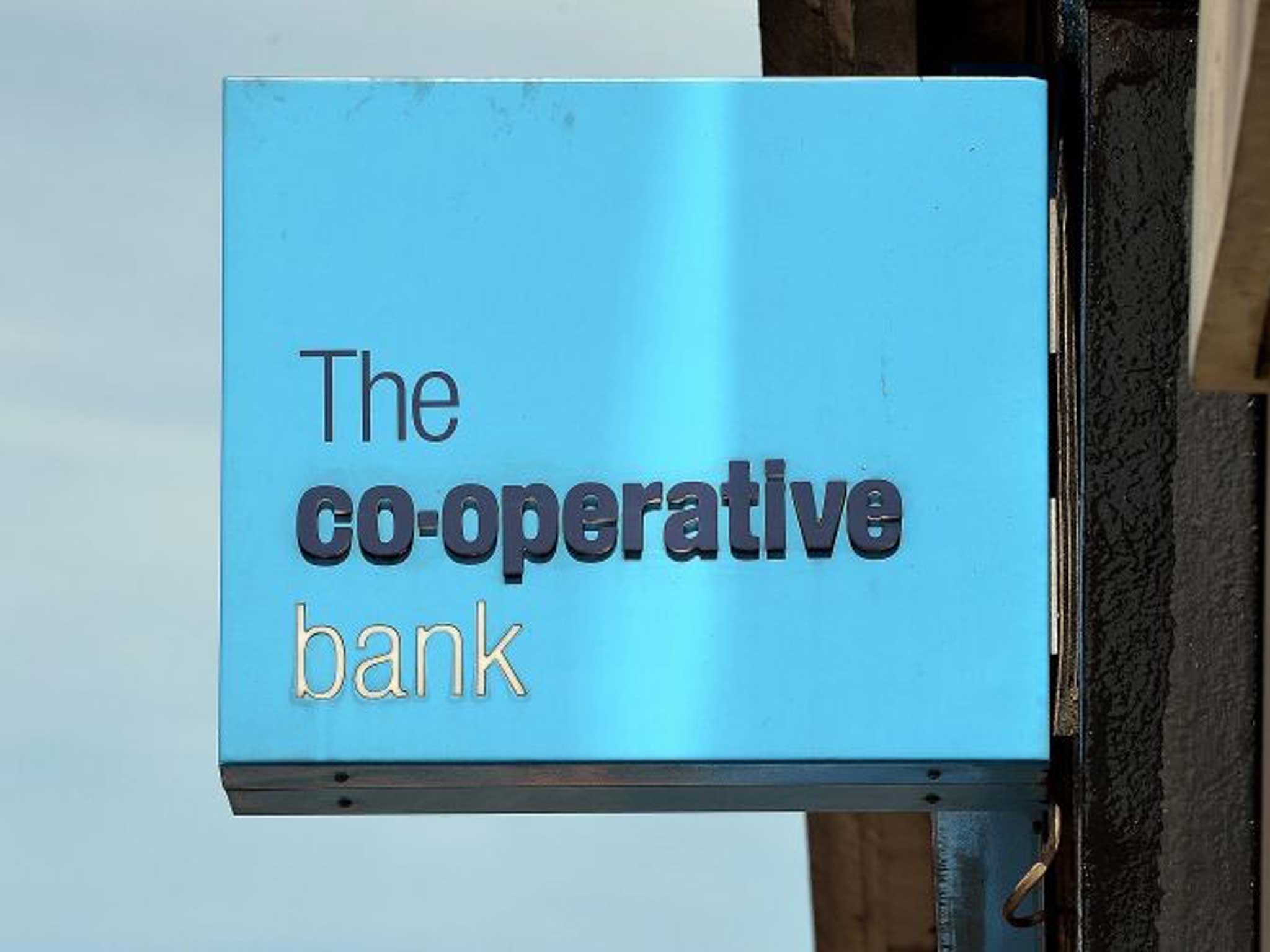Our mutual friends have lost the plot ... let's find out why
We need a full inquiry into the goings-on at the Co-op Bank

The mutual concept is all but dead in this country. There you go, I've written it. The Co-op Bank, one of the country's two "super-mutuals", is controlled by hedge funds and bondholders, the credit union sector still continues to haemorrhage members with eight folding this year so far, and many building societies are limping along at an acute competitive disadvantage with the banks.
In 2008 when the banking system blew apart there was lots of talk about how we needed to get back to mutuality and that now was the time for co-operative ownership of financial institutions. All fine words but what followed was that the drying-up of the credit markets led to a collapse in the finances of several medium-sized building societies. What's more, the recapitalisation efforts from the central banks has understandably been focused on the institutions with the most customers, the banks, while building societies have had to fight for scraps. As for the country's biggest mutual Nationwide, this is effectively a bank by another name. It behaves like a bank, markets itself like a bank, and is as ruthless in many of its dealings as a bank. In essence, to grow and flourish the Nationwide has had to morph into a bank.
The failure of the Co-op was one of over-ambition – much like Royal Bank of Scotland. The management thought that the financial crisis was their time, their moment. It wasn't and, actually restrained by mutuality, the Co-op was very poorly equipped to drive itself forward not just in terms of refinances but also the capability of its top management. And it also bought a complete basket case in the Britannia building society. We need a full inquiry into what has gone on at the Co-op.
Frankenstein Pension
Steve Webb's report on his pet project, the defined ambition pension, got a lot of attention last week, perhaps too much. Costing a huge sum no doubt, and taking up thousands of man hours of officials' time, his big idea is to reduce the generosity of the two million final salary pension plans which still operate in the private sector so to encourage employers to keep them open. Particularly irksome for savers is the plan to allow companies to slash the benefits paid to surviving spouses. Fortunately, Professor Webb's wheeze won't be retrospective but is designed to keep the final-salary patient alive a little longer. For those employers which decide this isn't enough and wish to move towards closure of their final salary schemes then there is the promise that alternatives will be beefed up to give staff more certainty about where their retirement savings are heading. This is all highly intelligent stuff and frankly more realistic than I first feared when Professor Webb first mooted 'defined ambition' over a year ago. However, as the minister has said this should have all been done ten years ago if final salary schemes in the private sector were to be saved and I agree it's too late. The bottom line is that firms look at these schemes as an almost unquantifiable risk on their balance sheet and a risk many of their competitors got rid of years ago. Perhaps like mutuality the day of the final salary pension is at an end and all this is an attempt to do is to reanimate a corpse.
Join our commenting forum
Join thought-provoking conversations, follow other Independent readers and see their replies
Comments
Bookmark popover
Removed from bookmarks